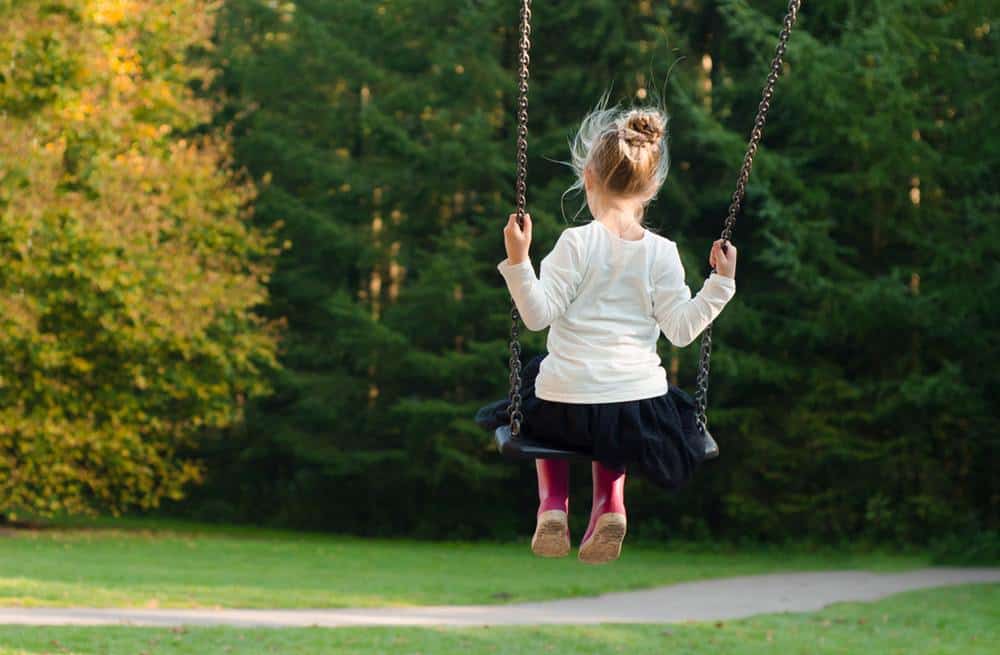Are you apprehensive about those springtime sniffles? Wondering about that slight wheeze your child exhibits? Is it the common cold or something more? From peanuts to pets, eggs to airborne culprits, allergens cause trouble for millions of children each year. Before we get to the signs that your child might have allergies, let’s discuss exactly what allergies are.
What Are Allergies?
In basic terms, an allergy is when the immune system overreacts to matter that is normally harmless to humans. When a person with an allergy comes in contact with the particular matter, the immune system reacts like that substance is an intruder. This can lead to symptoms that start at merely annoying and range to extremely harmful for the allergic person.
The immune system will then produce antibodies in an effort to guard the body. Chemicals are released throughout the body via the bloodstream to shield away the intruders, creating the allergic reactions such as itchy eyes, sniffling noses, coughing and wheezing.
Signs of Allergies in Children
1) One of the first signs that your child might have allergies is their gene pool. If either parent has allergies, there is a good chance that a child will develop allergies, too. There is no rhyme or reason as to which allergies your child will have or when they will develop them, though. The fact that a parent has allergies basically means that it is probable that their child will have allergies, too.
But, this doesn’t eliminate children with parents who do not have allergies. For some reason, even children with parents who do not exhibit allergies can be allergic to different types of matter. In addition, there is a good chance that if a child is allergic to one thing, they can have other allergies, too
2) If your child experiences abdominal pain and/or vomiting directly after eating, it could be a sure sign of food allergies. Food allergies tend to occur rather rapidly, sometimes within minutes of consumption of the food. Symptoms can also include a rash and diarrhea. Be sure to document which foods your child has eaten (and possible ingredients) prior to getting sick.
3) Another sign of allergies is the more obvious shortness of breath, wheezing and labored breathing. A persistent cough that is accompanied by cold-like symptoms can also be an indication that your child has allergies or asthma. Although the above warning signs can be a precursor, you will want to discuss these symptoms with your child’s pediatrician and keep a journal that documents when and where the issues pop up. This will help to both diagnose and treat your child accurately.
4) Eczema, a scaly, dry and itchy rash on the skin, can signify that your child has allergies and is quite often the result of a food allergy. A skin test at the pediatrician’s office can reveal more information about the pesky rash.
As mentioned above, if you suspect that your child has an allergic reaction or shows persistent or recurring signs or allergies, a trip to the pediatrician may be in store. Be sure to bring any journals that you have kept and pertinent information that can help your child’s pediatrician diagnose and treat the problem.
– BC


